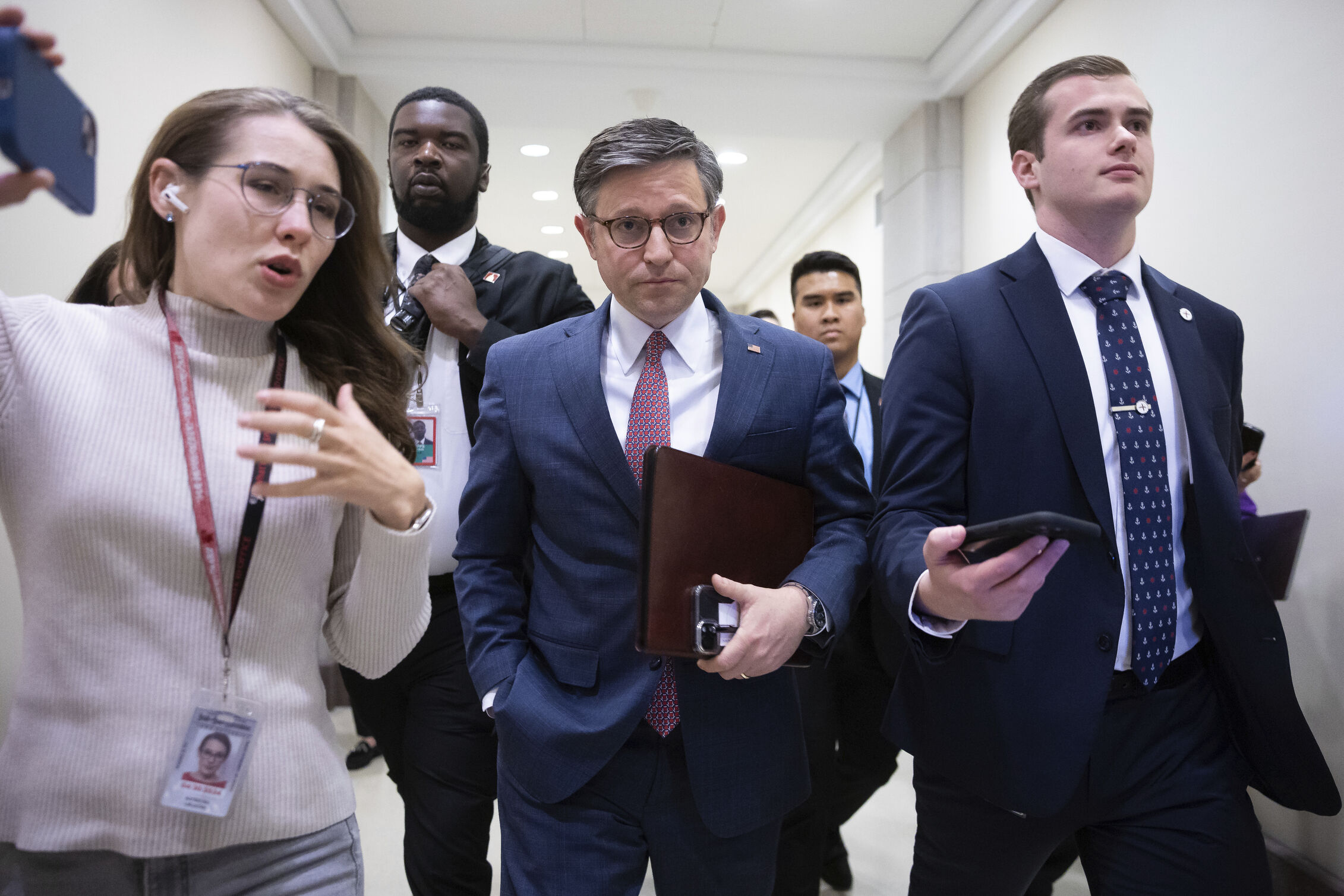The Cyberlaw Podcast: Imitation is the Sincerest Form of Flattery: Russia and China Revamp Their Military Technologies
In our interview, Elsa Kania and Sam Bendett explain what China and Russia have learned from the American way of warfighting—and from Russia’s success in Syria. The short answer: everything. But instead of leaving us smug, I argue it ought to leave us worried about surprise. Elsa and Sam both try to predict where the surprises might come from. Yogi Berra makes an appearance.
Published by The Lawfare Institute
in Cooperation With

In our interview, Elsa Kania and Sam Bendett explain what China and Russia have learned from the American way of warfighting—and from Russia’s success in Syria. The short answer: everything. But instead of leaving us smug, I argue it ought to leave us worried about surprise. Elsa and Sam both try to predict where the surprises might come from. Yogi Berra makes an appearance.
In the News Roundup, David Kris explains the Fourth Circuit’s decision to accept a lib/left invitation to screw up the law of stored electronic communications for a generation.
And in other litigation, a Trump-appointed judge dismisses a lawsuit against Silicon Valley’s censorship of the right. Nate Jones and I agree that, while the decision is broadly consistent with law, it may spell trouble for Silicon Valley in the long run. That’s because it depends on an idiosyncratic U.S. Court of Appeals for the D.C. Circuit interpretation of the District’s public accommodation law. I speculate that Alabama or Texas or Mississippi could easily draft a law prohibiting discrimination on the basis of viewpoint in public accommodations like the Internet.
Nick Weaver and I note the UN report that North Korea has stolen $571 million, much of it in cryptocurrency. I ask whether the US Treasury could seize those ill-gotten bits. Maybe, says Nick, but it would really bollix up the world of cryptocurrency (not that he minds).
I explain why DHS will be rolling out facial scanning technology to a boatload of US airports—and why there’s no hidden privacy scandal in the initiative.
It kind of makes you wonder about their banks and their chocolate: Nick gloats as Switzerland’s proposed Internet voting system follows his predicted path from questionable to deep, smoking crater.
Elsa Kania and I touch on the Navy Secretary’s willingness to accept scathing criticism of the Navy’s cybersecurity. And Nick and I close with an effort to draw lessons from the disastrous software and human factor interactions at the heart of the Boeing 737 MAX crashes.
Download the 255th Episode (mp3).
You can subscribe to The Cyberlaw Podcast using iTunes, Google Play, Spotify, Pocket Casts, or our RSS feed!
As always, The Cyberlaw Podcast is open to feedback. Be sure to engage with @stewartbaker on Twitter. Send your questions, comments, and suggestions for topics or interviewees to CyberlawPodcast@steptoe.com. Remember: If your suggested guest appears on the show, we will send you a highly coveted Cyberlaw Podcast mug!
The views expressed in this podcast are those of the speakers and do not reflect the opinions of the firm.





